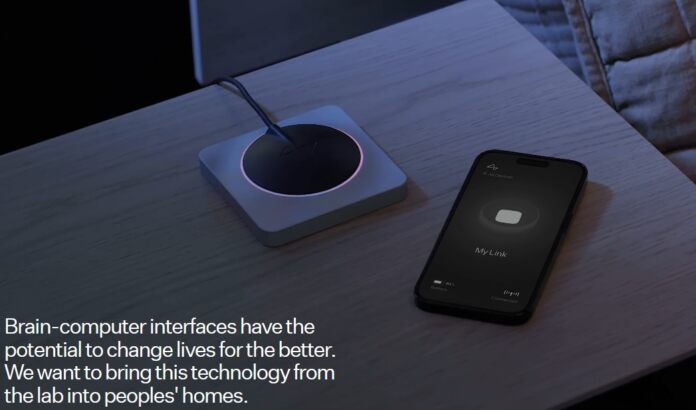Elon Musk's neurotechnology firm, Neuralink, has achieved a breakthrough in its brain-computer interface (BCI) technology. The first human recipient of Neuralink's N1 brain chip has fully recovered from the surgery and can now control a computer cursor solely with their thoughts. This development represents a substantial step forward in the realm of neurotechnology, potentially revolutionizing how individuals with severe physical disabilities interact with technology.
The Technology Behind the Achievement
Neuralink's N1 chip, a device implanted into the patient's skull, is at the core of this advancement. The chip is connected to the brain using numerous thin threads, each less than the diameter of human hair, yet housing 1,024 electrodes. These electrodes are capable of both receiving signals from and stimulating millions of neurons within the brain. The signals captured by the electrodes are then wirelessly transmitted for processing, allowing for direct brain-computer interaction without any physical movement required by the user.
NEWS: Elon Musk announced tonight that the first human implanted with @Neuralink's brain chip has made a full recovery.
The patient is able to control a mouse using only their thoughts. Incredible achievement!pic.twitter.com/ImrSkxT0h7
— Sawyer Merritt (@SawyerMerritt) February 20, 2024
Implications and Future Prospects
This technological triumph is not only a major milestone for Neuralink but also offers new hope for individuals whose lives are severely limited by neurological conditions or injuries. Beyond the potential to restore basic capabilities like movement or sight, the technology harbors the promise of enhancing human capabilities, such as operating electronic devices through thought alone. Further, Neuralink has developed a specialized robotic system, R1, designed to safely and precisely implant the N1 chip, ensuring a streamlined and minimally invasive installation process.
Elon Musk has long articulated his vision of symbiosis between humans and artificial intelligence, with developments such as the N1 chip bringing humanity closer to this ambitious goal. As Neuralink moves forward with its clinical studies, approved by the U.S. Food and Drug Administration, the broader implications of its technology on both the medical field and society at large continue to unfold.






